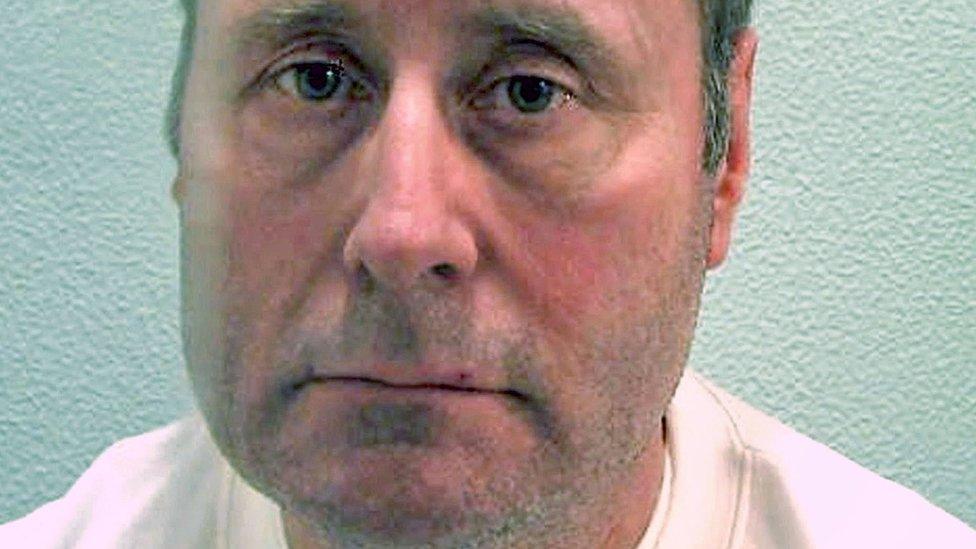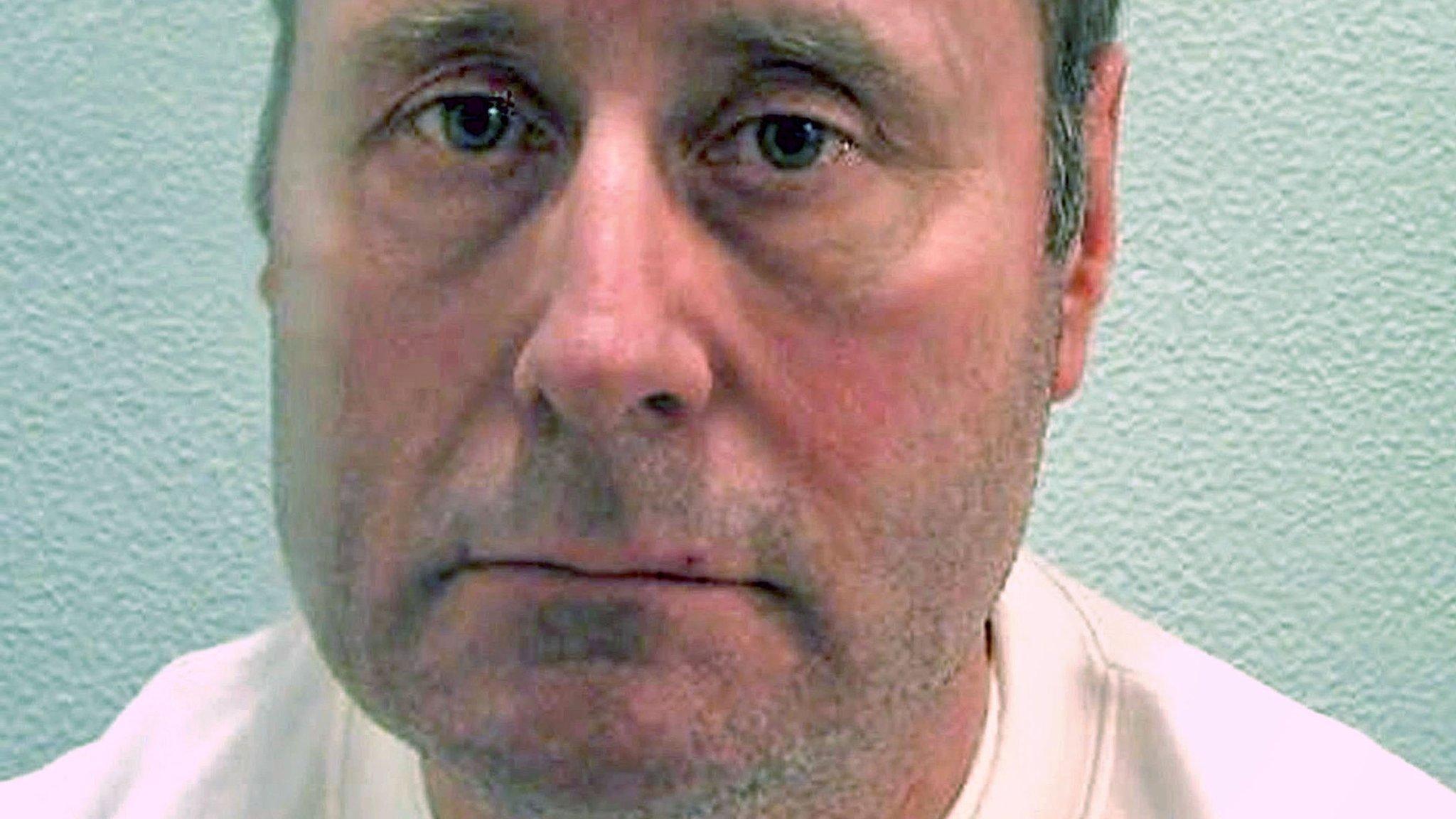Challenging parole could get easier for members of the public
- Published

John Worboys was jailed in 2009 for a string of sex attacks on women
Victims of crime could find it simpler to challenge parole decisions, as part of a major overhaul of the Parole Board process.
Justice Secretary David Gauke is proposing reforms after the decision, which was overturned, to grant parole to serial sex-offender John Worboys.
Under the changes victims would get more information about cases and it would be easier to challenge decisions.
But ex-Parole Board chairman Nick Hardwick said more resources were key.
The review of the Parole Board in England and Wales was ordered after the decision to release Worboys was overturned by a judicial review brought by two of his victims.
The Parole Board had faced criticism when it emerged that some of Worboys' victims had learned about the decision from the media.
It prompted a legal challenge which quashed the decision to grant Worboys' parole, prompting Mr Gauke to force Mr Hardwick to resign.
Mr Hardwick, who apologised "unreservedly" to the victims, told the BBC that, without extra resources, the proposals would "be another justice mess up".
He added that the review "says nothing about the Ministry of Justice failures in the Worboys case".
A prisoner who is released on parole or licence has to adhere to certain conditions and can be sent back to jail if they don't comply.
Currently, those wishing to overturn a Parole Board decision have one option - bringing judicial review proceedings.
Under the new proposals, a decision would be provisional for a period of time - allowing for objections to be lodged.
The proposals would allow parole decisions to be challenged via a simpler, judge-led process that - "in some circumstances" - could be open to the public.
In the most high-profile cases, decisions could be automatically reviewed, without anyone having to lodge a challenge.
Victim: I will do whatever it takes to keep Worboys behind bars
A consultation on the proposals - including who would be eligible to challenge a ruling - will run until the end of July.
Before then, the government will introduce legislation requiring the Parole Board to disclose decisions - and the reasons behind them - to anyone in the Victim Contact Scheme.
Any journalist or member of the public will also be able to request a decision and the reasons. The Parole Board will provide this information "subject to a public interest test but with a presumption towards providing the information".
In March, Justice Secretary David Gauke told MPs there were serious failings in the Worboys case
Mr Gauke said: "It is my ambition that the outcome of this process will mean victims have more confidence in the system.
"We have moved at pace to address the shortcomings of the parole system which the Worboys case has brought to light."
Some Crown Court sentences - as opposed to parole decisions - can already be challenged, external by members of the public within 28 days of the sentencing.
- Published29 March 2018

- Published28 March 2018
- Published28 March 2018

- Published17 January 2018
